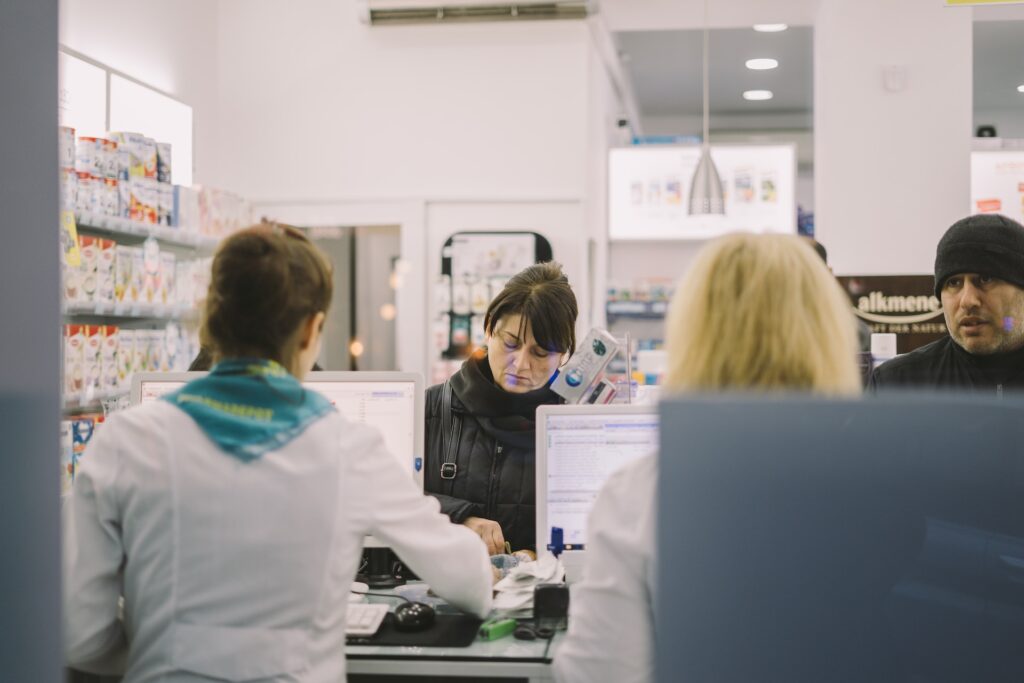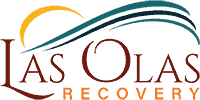
Understanding Prescription Pill Addiction
Prescription pill addiction is common among people with substance use disorder. Many people start out using substances with a valid prescription written by a doctor. However, addiction doesn’t discriminate. Substance use disorder is a serious public health issue affecting millions worldwide. People with a substance use disorder may use prescription medications in a way that is not medically approved. They may use it for a purpose other than what they were prescribed. Misusing prescription drugs can lead to addiction, overdose, and even death.
Which Prescription Pills Are Misused?
Prescription drugs are often misused because of their side effects. The most commonly abused prescription drugs include opioids, benzodiazepines, and stimulants. These all have different side effects, but one thing they have in common is that they are mood-altering. Prescription pill addiction is common in the US, where many people can access healthcare and pain meds.
Here’s how each of these drug classes tends to be misused:
- Opioids: Opioids tend to be powerful painkillers such as oxycodone and hydrocodone. They work by binding to opioid receptors in the brain and blocking pain signals. They also produce euphoria and relaxation, which can be addictive. Many people turn to street drugs like fentanyl if they run out of pills and struggle with prescription pill addiction.
- Benzodiazepines: Anxiety-reducing drugs, such as alprazolam and diazepam, are commonly prescribed to help with mental health disorders. Many people misuse them to experience euphoria and relaxation. They can be dangerous when combined with sedatives, opioids, or alcohol.
- Stimulants: Drugs such as amphetamine and methylphenidate are commonly prescribed to treat attention deficit hyperactivity disorder (ADHD) and narcolepsy. They work by increasing the activity of certain neurotransmitters in the brain, which can improve focus and alertness. However, they also produce a sense of euphoria and increased energy and increasingly lead to prescription pill addiction. They can also lead to the use of street drugs like crystal meth.
- Other drugs with misuse potential: Some other drugs, such as sleeping pills or muscle relaxants, can be misused. People use all kinds of drugs recreationally for side effects. Some parents may have concern that SSRIs have abuse potential, but the phenomenon is not a real threat. No high results from most psych meds, but speak with a pharmacist if you have concerns.
Combining prescription drugs can be particularly dangerous. For example, combining opioids and benzodiazepines can lead to respiratory depression, coma, and death. Combining opioids and stimulants can also be dangerous, as the stimulant can mask the sedative effects of the opioid, leading to an increased risk of overdose. Alcohol combined with sedatives can cause a person to stop breathing or enter a coma.
Prescription Pill Addiction and Withdrawal
Addiction is a common outcome of prescription drug abuse. Addiction is a chronic disease characterized by compulsive drug seeking and use - despite the harmful consequences. Substance use can lead to changes in the brain that make it difficult to stop using the drug. It can also lead to a tolerance to the drug, meaning higher doses are needed to achieve the same effects.
Withdrawal symptoms can occur when the drug is stopped. Many of these can be intensely uncomfortable, including nausea, vomiting, sweating, anxiety, and seizures. For most people with substance use disorder, a clinical detox is the safest way to help them get sober safely and comfortably.
Symptoms/Signs of Prescription Pill Addiction
There are many signs that a person may be misusing drugs. Not every person will show every symptom. Substance use disorder causes changes in the way a person feels, thinks, and acts. People will act differently under the influence of substances. They may be more aloof, become dishonest, or change their friendship circles.
- Hoarding pills: People addicted to prescription medication may hoard pills or take more than the prescribed dose to achieve the desired effect. They may refill their prescription before it is due or “lose” pills and ask doctors for a replacement bottle.
- Increased tolerance: Over time, people who abuse prescription medications may require higher doses to achieve the same effect, leading to increased tolerance.
- Dishonesty: A person may lie about where they are going or what they are doing. They may manipulate others when they need help obtaining their drug of choice.
- Withdrawal symptoms: When someone addicted to prescription medication tries to stop taking the drug, they may experience withdrawal symptoms, such as anxiety, agitation, insomnia, sweating, and tremors.
- Doctor shopping: An addicted person may “doctor shop” or try going to multiple doctors to obtain more prescriptions.
- Neglecting responsibilities: A person may neglect work, school, or home responsibilities.
- Financial problems: Addiction can be expensive, and people who abuse prescription medications may experience financial turmoil as they spend more money obtaining their drugs.
- Depression: Prescription pill addiction can also lead to depression, further isolating a person from others and making it difficult to seek help.
- Shame and guilt: People struggling with prescription pill addiction may feel ashamed or guilty about their behavior, which can further contribute to feelings of isolation and withdrawal.
- Risky behavior: Prescription pill addiction can lead to risky behavior, such as driving while under the influence of medication or engaging in criminal activities like theft.
These are symptoms that anyone may have with prescription pill addiction. They can also be symptoms of a mental health disorder. If you or somebody you love struggles with these issues, an honest conversation may be in order. It’s great to support your loved one, but they need professional help to start the journey. Call us to get more information on how we can help them begin to rebuild their life.
Getting Help for Prescription Pill Addiction
Any substance use disorder is a serious health issue that can lead to misery, overdose, and death. Combining prescription drugs can be particularly dangerous and put a drug user at risk for serious adverse effects, including coma and death. If you or someone you know is struggling with prescription drug abuse, help is available! We can help you rebuild your life in a safe, welcoming, tranquil environment. Learn more about our program, amenities, and how we can help by calling our center at (949) 279-1376 (in the United States) or (612) 153-5726 (in Mexico).
